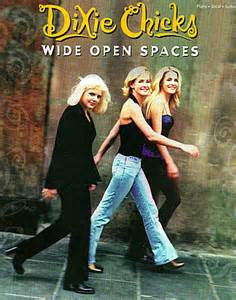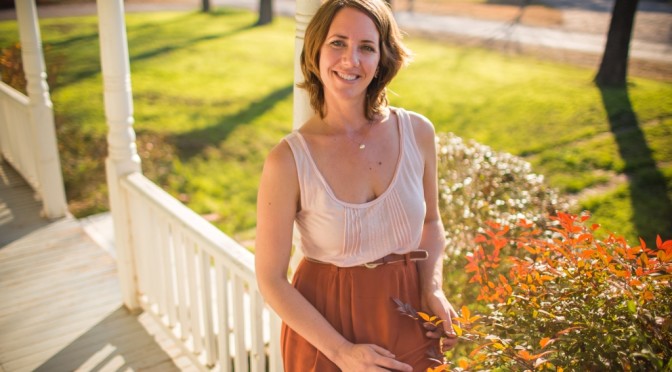It’s written in my half of our writers page that “my first and deepest love will always be country music.” That doesn’t mean I don’t like other genres, and even within country, I’m certainly not a purist. I’ve definitely come to appreciate music from many different styles over the years, and you’ll even find me discussing some of it on this blog. But my first love was country, and it will always be my passion and the one thing I feel qualified to talk about.
So where did I get that love for country music? You might think living in Oklahoma, I was ensconced in it from the day I was born, but my parents were mostly into classic pop and rock, and it’s these styles which make up my earliest memories of music. It was later, when I started school, that I first began hearing country songs, and they came from my grandma. She’d pick me up from school, and she always had our country station playing in her car. These days, it plays 80’s and 90’s and 00’s country, but back then, in the late 90’s, it was a mix of classic and modern. She and I generally gravitated toward different sounds, but that was okay because the same station that played Merle Haggard also played the Dixie Chicks, whose record was one of the first country albums I ever owned. I remember my parents” reactions at first, not believing I was getting so much into country. Both of them eventually followed me into the genre and enjoy a lot of country from the late 90’s and early 00’s.
I didn’t always love her brand of country back then, but I did get into Merle Haggard and Keith Whitley. She didn’t always love mine, but she dearly loved Brad Paisley’s “We Danced.” We could agree on George strait in equal measure, as he seemed to bridge the gap between our generations. She always loved “I Just Want to Dance With You” and “Living and Living Well.” We drifted some as I grew older, for reasons which aren’t important here, and we didn’t see each other as much as we had when I was young. But we still had that time, that few minutes between leaving school and reaching my house, and we still had that music to share.
When I got into high school, I branched out some from country, starting to get into pop and rock and modern Christian music. I never drifted too far from country music during that time, but I was always careful throughout my time in school to not completely show my obsession with it. But it was there in full force; I sang records till I could perfect them, and I also started to write songs. And even though I was discovering other genres of music at the time, my love of country music only grew stronger. And it was during this time that my grandma was diagnosed with cancer. She fought it most of the time I was in high school. We didn’t speak much about it, and it’s not like our relationship changed, but that time we had in her car and the music we shared came to mean more. She eventually went into remission, and when I graduated high school, she was well.
I went to college for my passion, and it was there that I really became exposed to different styles of music, both through friends and through popular music courses. At this time, I drifted away quite a bit from my first love and began to explore all kinds of other music, and it’s something for which I’m still thankful. I got an appreciation for all different types of music and a newfound respect for the art of making it. Country was also going pretty much off the rails by this time (2010), so I was listening to it less and less.
But no form of musical expression can speak to real-life situations like country music, and I found my first love again when my grandma’s cancer returned, this time without hope for a cure. I wanted to listen to the music that she introduced me to, and it brought me comfort during those last days as we took care of her. We eventually lost her six years ago Sunday (Nov. 19th.) I listened to Merle Haggard and Keith Whitley and George Strait nonstop after that because it was the only thing that helped me. “I Just Want to Dance with You” will always make me think of her.
Her music brought me through that time like only music can, and it’s her love of country music that still lives on in me. I am so thankful that she introduced me to it and instilled that love in me, for music is the one thing that has always been there for me no matter what. It’s the one thing I have counted on to get me through loss, divorce, loneliness, and pain. And I can never, ever thank her enough for that gift.

